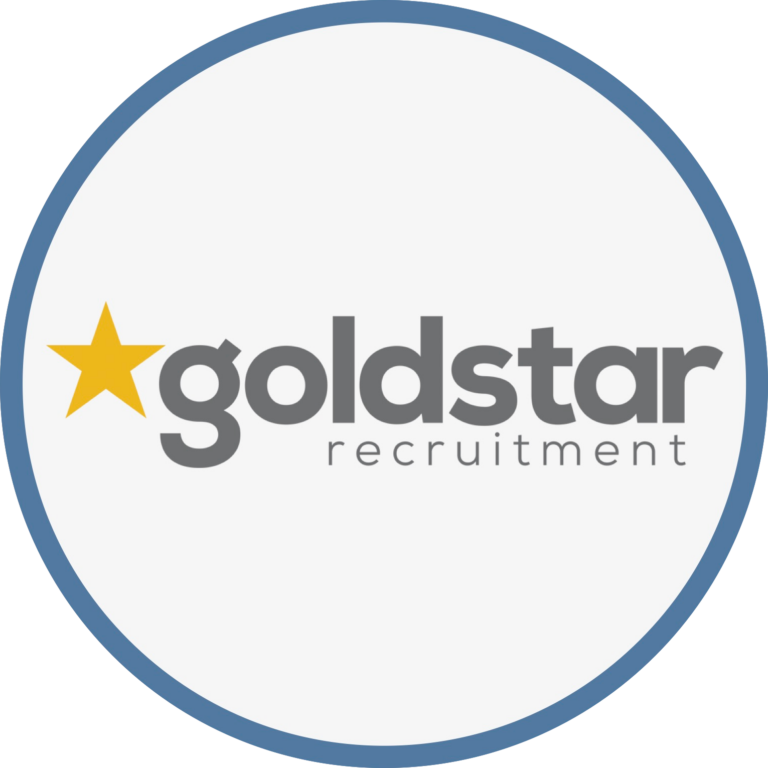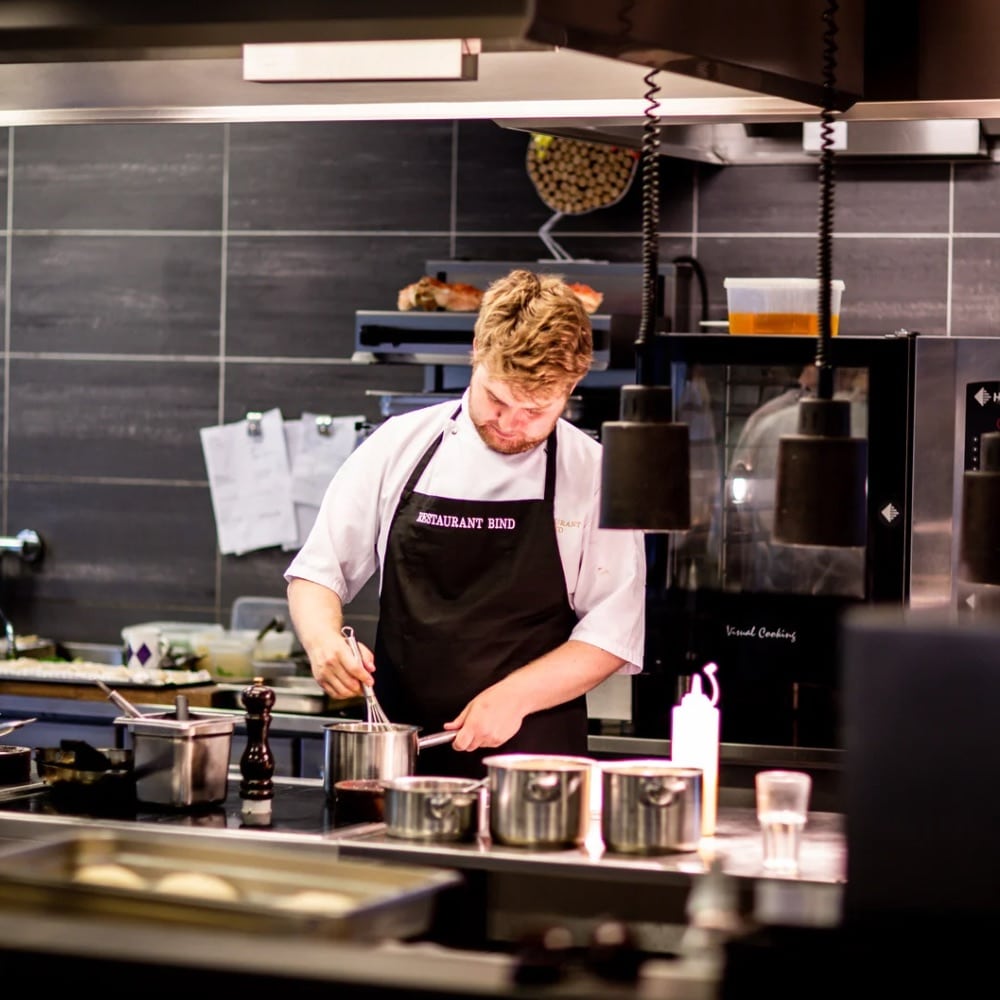Landing Your Dream Job in Hospitality: The Ultimate Application Guide!

Introduction Are you dreaming of a vibrant career in the catering, hotel, and hospitality industry but find yourself overwhelmed by the job application process? You’re not alone. The hospitality sector is highly competitive, with countless applicants vying for a limited number of positions. This article aims to demystify the job application process and provide you with actionable steps to secure your dream job in this dynamic industry.
Navigating Your Career in Catering and Hospitality
If you are dreaming of a vibrant career in the catering, hotel, and hospitality industry but find yourself overwhelmed by the job application process. You’re not alone. The hospitality sector is highly competitive, with countless aspirants vying for a limited number of positions. This article aims to demystify the job application process and provide you with actionable steps to secure your dream job in this dynamic industry.
The problem facing candidates in the catering and hospitality industry is twofold. Firstly, there is the challenge of distinguishing oneself among a vast pool of applicants. This industry, known for its competitive nature, demands not just skill but the ability to effectively showcase these skills. Applicants often find themselves struggling to create resumes and cover letters that resonate with the specific demands of the job and to perform well in interviews that require a deep understanding of the hospitality ethos.
Secondly, there is the issue of the industry’s reputation for offering lower pay and fewer benefits, which makes it crucial for applicants to be selective in their job search. This adds another layer of complexity to the application process, as candidates must navigate through various offers, discerning which employers provide not just a job, but a worthwhile career opportunity with fair compensation and growth potentiall.
To address these challenges, candidates must be strategic. This includes honing in on the development of both hard and soft skills pertinent to the industry, such as customer service, time management, and effective communication. Simultaneously, they should research potential employers thoroughly to ensure alignment with their career goals and values, especially regarding pay and benefits.
Mastering the Art of the Resume for Catering Jobs
Tailor Your Resume and Cover Letter: Customise your application for each job, highlighting relevant experience and skills. Use industry-specific keywords and mention any hands-on experience in catering or hospitality setting.
Develop Industry-Specific Skills: Gain certifications or training in hospitality-related areas. This could include customer service training, food safety certification (Which is often free) or even language skills, depending on the job requirement.
Network Effectively: Connect with professionals in the industry through online platforms, industry events, and job fairs. Networking can open doors to unadvertised job opportunities and provide valuable insight. Use the search bar in LinkedIn to look for recruiters in your area.
Prepare for the Interview: Research the company and practice answering common hospitality industry interview questions. Demonstrate your understanding of excellent customer service and your ability to handle challenging situation. Look up the parent company and associate businesses to fully understand the business, and at interview stage it will demonstrate your research,.
Showcase Soft Skills: Hospitality jobs require excellent communication, teamwork, and adaptability. Highlight these skills in your resume, cover letter, and during interviews. Ensuring spelling and punctuation are excellent will also underline your attention to detail.
Further things you can do to enhance your chances of success.
Enroll in a Short Course: Consider enrolling in a short course or workshop to enhance your skills. Online platforms offer various industry-relevant courses.
Join Professional Networks: Create profiles on professional networking sites and join groups related to the hospitality industry. Attend local or virtual networking events.
Interview Preparation: Conduct mock interviews with a friend or mentor. Prepare a list of potential questions and practice your responses.
Apply Strategically: Apply to positions where your skills are a good match. Customise your application for each job and follow up after submitting your application.
Revamp Your Resume: Begin by updating your resume with a focus on hospitality-related skills and experiences. Use resources like online templates or professional services if needed.
Ace the Interview: Hospitality Industry Insights
To ace an interview in the hospitality industry, it’s essential to understand the unique dynamics and expectations of this sector. First impressions are crucial: dress appropriately and professionally to reflect the standards of the industry. Research the company and role thoroughly to demonstrate your genuine interest and understanding of the the role of this business and it’s place in the sector – Who are the competitors?
During the interview, exude confidence through your body language and verbal communication. Prepare insightful questions about the role and the company, showcasing your eagerness and in-depth understanding of the industry. Remember, hospitality is all about service and experience, so highlight your customer service skills, adaptability, and ability to work in a fast-paced environment. Employers look for candidates who not only have the technical skills but also fit well with their company culture and values. By combining preparation, professionalism, and a genuine passion for the industry, you can significantly increase your chances of success in a hospitality interview. Demonstrate these skills through your body language, courtesy and social skills.
Identifying Quality Employers in Catering and Hospitality
In the catering and hospitality industry, finding an employer who values both their employees and service excellence is paramount. To identify quality employers, consider factors like their reputation in the market- customer reviews, employee reviews, and the level of training and development opportunities they provide.
Research the company’s history and its standing in the industry. Look for employers who have a track record of employee retention and growth, as these are indicators of a positive work environment and career progression opportunities. Assess their commitment to employee well-being and benefits, including fair compensation, work-life balance, and health benefits. It’s also beneficial to understand their customer service philosophy; companies that prioritise exceptional service often value their staff highly. Finally, during interviews, ask about their staff development programs, team culture, and opportunities for advancement. A quality employer in this sector not only offers a job but fosters a thriving environment where your career can grow and flourish.
As an extra tip, play the long game and subscribe to job role notifications by employer and job role in your area. This will give you regular updates as to whether the employer is recruiting a lot (an indication of high staff turnover). By getting notifications by area, you can see what employers are paying and what their perks are, you then know what to expect when you are ready to apply for something similar.
Continuous Learning: Upgrading Your Skills in Hospitality.
Upgrading your skills is crucial for career advancement and staying competitive in the industry. Investing in continuous education, whether through part-time, full-time, or online learning, leads to new qualifications and skill sets that are highly valued in the hospitality sector. This includes mastering new software, honing interpersonal skills, and keeping abreast of the latest industry trends. Such learning and development strategies signal a commitment to personal growth and professional excellence. By embracing lifelong learning, you open doors to increased earnings, enhanced job performance, and potential new roles within your hospitality career. The process of upskilling—improving existing skills—or reskilling—training for new skills to change roles—is essential in adapting to the dynamic changes of the hospitality landscape. Remember, in hospitality, your ability to deliver exceptional service grows with your knowledge and skill.
This can help you in adapting to future trends, being aware of legislation, current industry affairs and customer habits. It all adds up to keeping you ahead of the game, and a top employee and candidate.
We hope you have enjoyed reading this blog post. Keep an eye on our hospitality jobs page here, for new roles coming all the time.


OUR SERVICES
Free Advice Appointments
If you need help with figuring out your next career step in the hospitality industry, our dedicated and experienced team are here to answer any questions you might have.
Get in touch with us and we can offer you bespoke advice and discuss the various options available to you.
Contact Info
Unit 15, Glenmore Business Park, Langford Locks, Kidlington, Oxon, OX5 1GL
Make an event staffing solutions enquiry
Latest News
Everything you need to know about the Hospitality, Commercial and Industrial markets in the Oxford area and how to become more employable.




